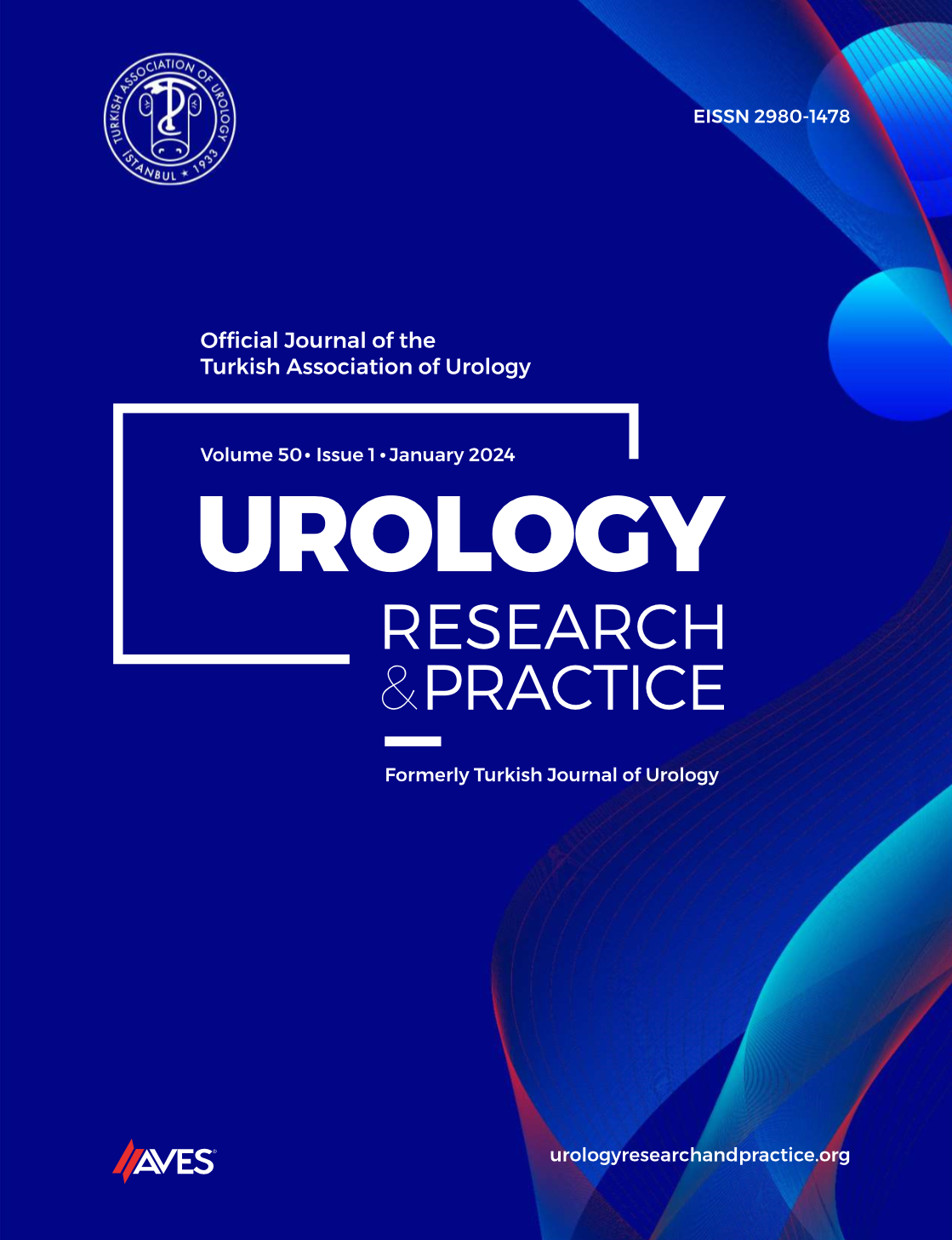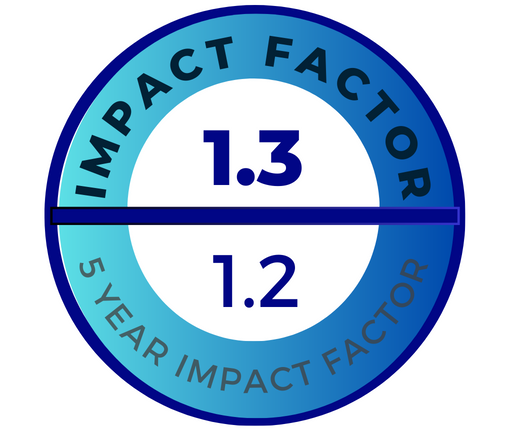Abstract
Objective: Benign prostate hyperplasia (BPH), whose frequency increases with age, is a disease that negatively affects a patient’s quality of life because of its symptoms. Nocturia is one of these unfavorable symptoms. We attempted to demonstrate the effects of desmopressin on the quality of life of these patients.
Material and methods: Forty-nine patients between the ages of 50-70 who were referred to our clinic with the complaints of lower urinary tract symptoms and nocturia (≥2/night) were included in the study. These patients were randomized into two groups. Alfuzosin was administered to group 1, and desmopressin with alfuzosin was administered to group 2. All patients were followed at one and three months to assess their symptoms.
Results: The mean age of the 45 patients who completed the study was 60.7±8.1. In group 1, the International Prostate Symptom Score (IPSS) decreased from 17.8 to 12.6, nocturia from 3.5 to 2.6 and Quality of Life (QoL) from 3.9 to 2.3, and the maximal urine flow rate increased from 10.6 to 13.7. In group 2, the IPSS decreased from 17.5 to 13.1, nocturia from 3.6 to 2.3 and QoL from 3.8 to 2.1, and the maximal urine flow rate increased from 10.8 to 13.6. There was not a statistically significant difference between post-treatment values between groups 1 and 2.
Conclusion: In our study, although it was not shown that the addition of desmopressin to an alpha-blocker in BPH patients causes a significant decrease in nocturia, we believe that efficacy of desmopressin in BPH patients with nocturia can be shown in studies with larger sample sizes.

.png)


.png)